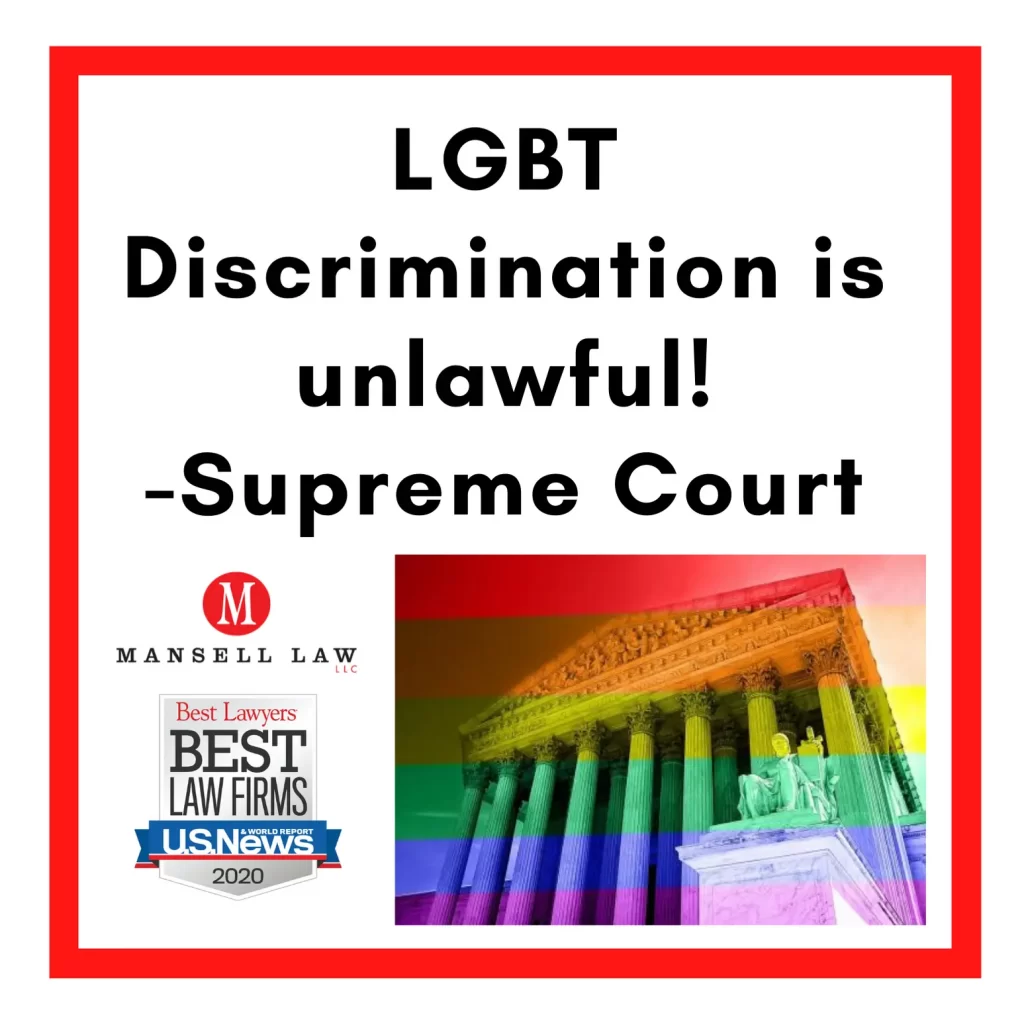Overtime For Salary Exempt Employees In Ohio
My employer told me I’m not entitled to overtime pay because I am an “exempt” employee. What does this mean, and how can I challenge this? Does this comply with Ohio Overtime Laws? Picture this: You pick up some extra hours at work and ask your employer if you’ll receive overtime for your extra efforts. You […]
Overtime For Salary Exempt Employees In Ohio Read More »










